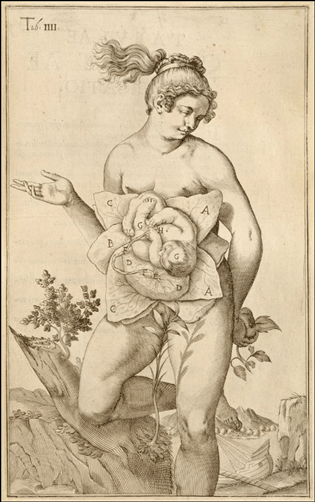Every Contact Leaves a Trace
Every Contact Leaves a Trace
(This is a statement written by Charlie Morrissey at Fabrica in Brighton, in response to the exhibition INDELIBLE, for which he was artist/animateur in residence)
“I see the body as an instrument of perception and as an expressive container of it’s accumulating physical and emotional experience.
Our bodies are living and constantly updated archives of everything that has happened to us – vast stores of information expressed and contained in muscles and bones, scar tissue and habit.
Like trees on an exposed hillside – we are shaped by the weather– our bodies an individual response to the ground on which we stand, and the direction, force and frequency of the gales, the sun and the rain we encounter and endure. (corny perhaps, but illustrative of what I mean)
Each next moment in the life of our bodies is informed by the last and by the years of physical and emotional moments that preceded. We are evidence of our own histories in action.
And our bodies and minds are in a constant process of exchange; with other people, our environment, and also with each other – in a dialogue between mind/emotion and anatomy.
Our thinking and feeling are embodied in our physical make up, and our physical bodies shape our emotions.
The two are inextricably linked – we are like reactors – constantly firing between thought, feeling and action – one initiating and imprinting itself on the other.
I’m interested is how information is perceived by the body – the physical process of knowing and feeling. We seem to know that we are through a number of different senses – we know that we are in a body, we know that we are in space, we see the things that define that space, we hear the noises that are created by and in it, we have sensations of cold and warm, we can feel that there is activity inside the body. We know that this is me and that is you, we remember a past and imagine a future – all through a combination of physical, cerebral and emotional processes.
It is the instrument that perceives these things that interests me – what lets me (think I) know what I (think I) know.
I’m interested in exploring how I can bring my attention to the act of perception, and how to bring others attention to their own perceiving. To point out that we are living organisms in a process of perceiving and processing that perception, through the filters of our taste and our imagination and the peculiarities of our own senses and that our actions are both informed by and informing that perception.
Charlie Morrissey. March 2008
